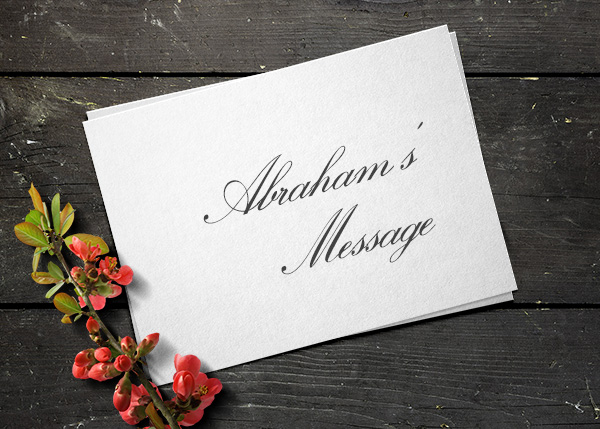
Calendar of history of the redemption in the Bible 1
(Gen. 1: 14-19)
Different races, cultures, religions, and ideologies all over the world use the same calendar. This is because the calendar offers the best way to share a year and use it in real life. For the convenience of everyday life, the calendar is what keeps a record of time, a record that follows the cycle of the seasons.
However, in terms of history of the redemption, the calendar is aimed at a godly life that serves God. It remembers and thanks redemptive history for the salvation of mankind. Therefore, the calendar of God does not change. There have been various calendars in human history, but there has been no change in the weekly cycle since the creation. Also, there is no change in the earth's revolution to make one year, the moon's revolution to make the month, and the earth's rotation to make one day. It is not simply a natural phenomenon, but an 'eternal covenant' between God and men (Jeremiah 31:35, 33:20, 25).
When we feel good, we serve church. When we don’t feel good, we don’t. Doesn’t our emotion change our mind instantly? But according to the Word of God that determines one day, the earth has been constantly working. In spite of our weakness, God holds us to the end to save all of us without perishing even one (Matthew 18:14). Because this love cannot be expressed in human language at all, the Bible says that God loved the world like this (John 3:16).
Thus, history of the redemption is not only the history of Christianity but also the core of world history. That is why all the events recorded in the Bible are correlated with human history. There are dates and times in which all events took place. The day and even the hour that Jesus returns will surely be under the plan of the Father (Matthew 24:36, 50, 25:13). When you study the Bible in prayer, you will know all of these dates, times, and days.
Excerpt from the sermon of Rev. Abraham Park
 [Read] Let Us Receive God's Consolation (2 Corinthians 1:3-11)
[Read] Let Us Receive God's Consolation (2 Corinthians 1:3-11)
 [Read] Daily Meditation - Psalms 119:50
[Read] Daily Meditation - Psalms 119:50









